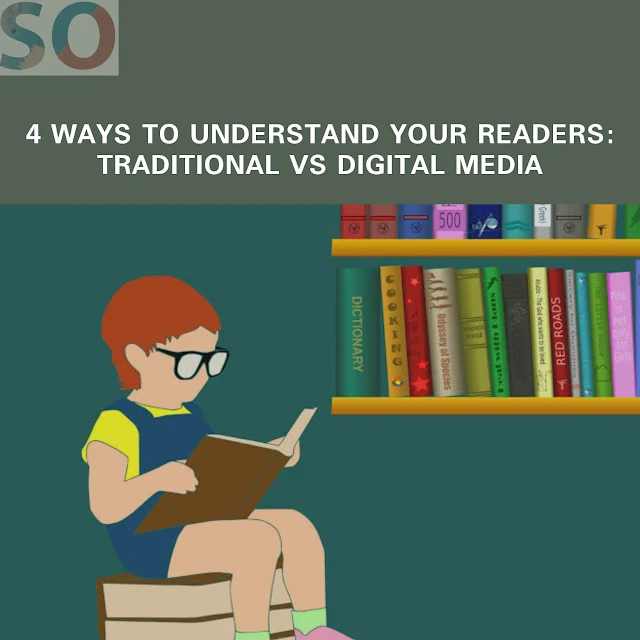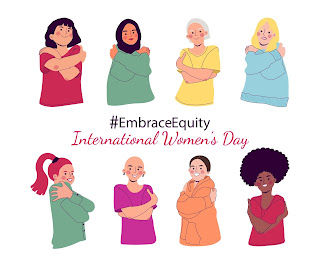4 Ways to Understand Your Readers: Traditional vs Digital Media
There are two most common media where you consume textual content by writers.
1) Traditional Media
2) Digital Media
Traditional media includes all those media before the internet i.e. Newspapers, Magazines and Books etc.
While digital media includes websites, blog posts etc.
But the way content is consumed on each media has changed.
Readers who are accustomed to reading from traditional media, find it difficult to adjust with digital media. And almost same is the case with digital media consumers.
1)
On traditional media, the reader is familiar with the author/writer. Either he/she learned from a friend or read him/her once. But on digital media readers are almost unfamiliar with the writers, as because they rarely visit the same website once again, rather moves on from one website to another.
2)
Secondly, readers have enough time and patience to read long paragraphs and even read it thoroughly from the traditional media. But digital media readers are a bit busy and have less time and patience to read long passages, rather they prefer short and easy to understand sentences.
3)
The third point that differentiates both types of readers is that, in traditional media, the writer would not say directly about the topic, rather s/he would try to build some interest. That is called attention grabbing. But readers of the digital media are in a hurry, and they just want the exact thing about the topic.
That is probably because of the nature of digital media. Digital media are considered to be answer machines, or search engines, where people find answers to their queries.
For example, someone looking for "The key differences between......."
He/she will rarely read what you write in introduction, rather s/he will directly move to those differences.
4)
Lastly, Digital readers prefer headings in your article, and not plain paragraphs. You will rarely find headings in books and magazines except few major ones.
Note: One particularly
best practice for SEO of your post would be to discuss each and everything you
write or provide a link of that.




Comments
Post a Comment